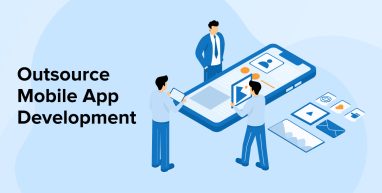
With the increase in smartphone usage, businesses have found a new way to broaden their customer base. Creating mobile applications not only targets smartphone users but also provides better functionalities with an enhanced experience for existing customers.
However, building a mobile app is not an easy task. It requires hiring and managing an in-house team as well as setting up the necessary infrastructure, which can be very costly. Alternatively, you can choose to outsource mobile app development. According to the report, the Global Mobile Apps Development Outsourcing Solutions Market size is expected to be worth around USD 1,536 Million by 2033, from USD 704.9 Million in 2023, growing at a CAGR of 8.1% during the forecast period from 2024 to 2033.
This is not just a passing trend; it is a strategic option that brings a lot of benefits. This article will explore the concept by examining its advantages, challenges, and a step-by-step process for mobile app development outsourcing.
Remember that when software development services are outsourced, the expenses are often carried by the firm. You may even expand the study by considering visual appeal and usefulness, although these factors typically arise much afterward in the procedure and are simpler to explain. Consequently, you should have a firm plan and a distinct goal. Companies that lack it may outsource mobile app development and get disoriented.
1. Overview of Outsourcing Mobile App Development
When a company hires an external firm to design and build mobile applications, then this process is called outsourcing mobile app development. Companies hand over their project to another firm for various reasons like not having the necessary expertise, not having an in-house development team or resources, or simply because it’s not their core business.
There are multiple ways to outsource projects, with offshore and near-shore outsourcing being the two main approaches. When a company hires a development firm from a neighboring country to provide app development services, then it is called near-shore outsourcing. Offshore outsourcing is when a company hires a firm located in a completely different time zone. It usually means hiring an app development company from emerging countries like India.
1.1 Advantages of Outsourcing Mobile App Development
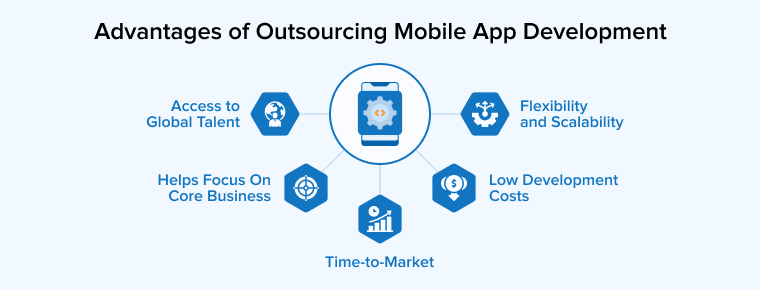
Collaborating with an outsourcing company for a mobile app development project can certainly bring in a lot of benefits. Companies often choose to outsource for various reasons, but some simply opt for this approach because of the advantages it offers.
1. Low Development Costs
A company can significantly reduce its development costs by 40%-70% by outsourcing the mobile app project to an offshore firm. While developers in the USA and Europe charge around $80,000 per year, you can hire similar skill sets from offshore companies at $30-40 per hour.
When you opt for an outsourcing model, you can also eliminate labor costs, infrastructure costs, and other overheads. Your mobile app development partner will take care of hiring and training employees, setting up the workspace, installing necessary infrastructure, and more.
The combined expenses of all these would be significant, especially in the long term. But if you choose to delegate, you can save a lot of money from your project.
2. Flexibility and Scalability
Outsourcing your project to a mobile app development company ensures great flexibility. You can adjust the size and composition of your team with changing business requirements. Additionally, you only have to pay them for the hours they worked on your project.
3. Time-to-Market
When working in a competitive market, speed is of the essence. Outsourced developers are highly skilled professionals who have experience with similar projects. They know their way around the complexities that come during development. They are quick to resolve any issues and can efficiently manage the entire project. Such proficiency enables them to keep the project on a predetermined timeline and deliver a high-quality mobile application.
4. Access to Global Talent
Looking for developers beyond the boundaries of your local region and country grants you access to a larger pool of talent. This allows you to hire the best outsourcing services at economical rates. Moreover, looking for developers across the world enables you to select better candidates with diverse skill sets for your project. They bring in different expertise, perspectives, and a wide range of practices to build innovative mobile solutions.
5. Helps Focus On Core Business
An outsourcing company takes care of every aspect of your mobile app development project, from setting up the infrastructure to managing the team. This means you no longer need to worry about any details or requirements.
Your main task now is to oversee the project and ensure that it progresses as per the predetermined timeline. By allowing an outsourcing firm to handle this responsibility, your internal teams can focus on core business operations.
1.2 Challenges in Outsourcing App Development
Though there are many advantages of adopting the outsourcing model, it comes with its own set of challenges. But it is possible to thwart them if you understand the issues and prepare for them beforehand. So, here are some of the common outsourcing risks you need to watch out for
1. Communication Issues
Because offshore companies are located in a completely different country, the chances are they don’t speak your language or understand them properly and you won’t know theirs either.
This language barrier makes it difficult to convey the thoughts and ideas to each other and may result in miscommunication errors, and delays in project deliverables. Ensure the teams on both sides agree on a common language for communication or at least have a few team members or project managers who speak and understand others’ language.
Sometimes when communicating the ideas and requirements, the meaning is often lost in either translation or simply because it wasn’t conveyed properly. To prevent this, it is essential to adopt proper communication models and document everything from project requirements and specifics of deliverables to test reports and user feedback.
2. Time-Zone Differences
In most cases, your offshore company would be located in a different country as well as a different time zone. When both teams are located in different time zones their work wouldn’t always be in sync. This may lead to delays in the project.
You need to find the overlapping hours to conduct meetings, communicate, and synchronize the work. However, it is important to note that an experienced app development company can easily handle this issue and offer excellent services regardless of their location and time zone.
3. Limited Control
Developing a mobile application with an in-house team gives you total control over the project and team. But when you choose to delegate the project to an external party, you lose that level of control. This means you wouldn’t be able to monitor the progress personally or get involved in the app development process.
However, you do receive progress reports frequently and can offer your feedback and suggestions to the development team. You can also communicate with the project manager daily.
4. Security Risks
Delegating your app development project to another company can raise serious data security concerns. Sometimes it becomes necessary to share sensitive information about your business and customers with the vendor. Additionally, if they are using any third-party tools, the risks of data leaks increase exponentially.
So, it is important to hire a trusted mobile app company and sign necessary contracts like IP rights to safeguard your intellectual property and personal user data.
2. How to Outsource Mobile App Development?
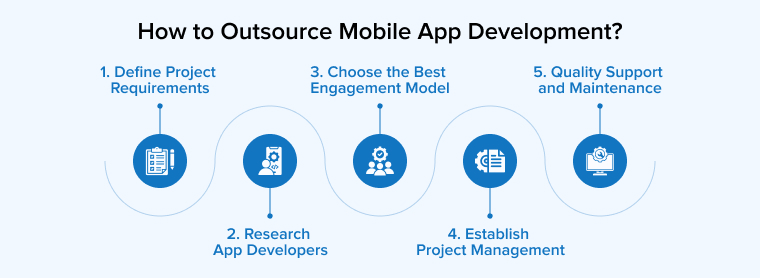
Outsourcing is not as easy as handing over your project to an app development company. You need to follow a proper procedure to get it right. Adhering to best practices would help make the most out of mobile app development outsourcing.
Step 1: Define Project Requirements
Having clearly defined requirements is a cornerstone of any project. Identify your project requirements and objectives. Documenting them properly by outlining the details and deliverables helps prevent any kind of confusion.
If you don’t have clarity about your requirements, then how a vendor is supposed to know what kind of app you need? Consider the following questions to identify your requirements:
- What problem do you want your app to solve?
- What is its USP?
- Who is your targeted audience?
- What are the needs and preferences of your users?
- What features and functionalities do such apps have?
- How much money do you need to build such an application?
- How much time does it take to build it?
Step 2: Research App Developers
Before hiring an outsourcing firm, it’s essential to find out whether it is the right fit for your project and your business as well. Conducting background research on all the potential vendors is crucial. Here are a few things you need to look out for before hiring a vendor:
- Expertise: See if the vendor has the necessary technical knowledge and skills in mobile app development to fulfill your requirements. Also check whether they have any experience working in a specific mobile app category, such as fintech or healthcare.
- Portfolio: Go to their website to assess their portfolio and case studies to know more about their work and proficiency. Look for their past projects that have similarities with yours.
- Reviews: Visit reputed platforms like Clutch where customers leave honest reviews about the vendors. You can also check out their business profiles in relevant business directories and check their ratings on Google. Visit their website and read their client’s testimonials.
- Project management and payment structures: The vendor’s official website will outline the project management methodologies and pricing models they follow during development. However, it is important to discuss these details during initial meetings to obtain clarity.
- Post-launch support: Ask the vendor if they offer post-deployment support and maintenance services. Understand whether it is included in their development package or if you need to pay for it separately. Post-launch support services include maintenance, updates, adding new features, fixing bugs, etc.
Step 3: Choose the Best Engagement Model
The engagement model you choose determines how you collaborate with the app development team. It varies according to the level of involvement, management, and number of responsibilities. Mainly, there are three types of engagement models in software outsourcing.
- Project-based model: Here you outsource mobile app development projects at a fixed cost. All the requirements, budgets, and deadlines are predetermined, and there is no room for changes during the project. It is one of the most rigid outsourcing models. You have to specify your technical requirements and the vendor will form a team accordingly consisting of mobile app designers, developers, QA experts, project managers, etc.
- Dedicated team model: In this engagement model, you hire a dedicated team from the vendor that works on your project exclusively. The vendor will take care of forming and managing a suitable team for you which is responsible for the full-cycle app development.
- Staff augmentation or team extension: With this engagement model, you can add more specialists or fill a skill gap in your in-house development team. Your offshore vendor will hire the required IT experts to perform specific tasks for your team.
During a business collaboration, involved parties sign different contracts like Non-Disclosure Agreements, Data Processing Agreements, etc. These contracts ensure that the vendor maintains confidentiality and agrees on mutual terms on how to handle the data.
You need to sign a contract to finalize the details of the collaboration and bind it legally. Some of the important things to discuss in your agreement include:
- Scope of Work and Deliverables: Define the scope of your project clearly in the contract, including a list of expected deliverables. You must also specify the responsibilities of each party.
- Milestones & Payments: Determine the milestones of the project and create criteria for each. Also, discuss the payment structure. Will there be any advance fees or payments upon every deliverable?
- Terms and Conditions: It is important to include the causes for dispute resolution, NDAs, and IP protection. A Service Level Agreement also defines the expectations regarding service quality and app performance. Companies should create a comprehensive contract that doesn’t leave any loopholes and protects their interests.
Consult with legal professionals to ensure that all documents are prepared properly and that they get legal validation. After signing the contract, both parties are ready to move forward with the outsourcing project.
Step 4: Establish Project Management
Once you have signed the contract, it’s time to decide how to manage the project effectively. This includes defining the workflows, establishing proper communication channels, picking a suitable project management tool, setting up systems to measure predetermined metrics, and tracking progress.
Tools like Trello, JIRA, and Asana are useful for handling numerous tasks in your app development project. Meanwhile, platforms like Zoom, Slack, and Teams are helpful for coordinating with the team and performing routine check-ins or urgent updates.
Consider implementing a feedback mechanism like peer reviews, user testing, etc. A dedicated project manager would ensure that everyone on the team finishes their tasks within given deadlines and that the developed product meets expectations.
Step 5: Quality Support and Maintenance
Not every app development agency offers quality control and post-deployment services. So before signing the contract, it’s important to confirm whether they will provide these services to you or not. Otherwise, you have to find new mobile app developers to handle this aspect. A newly developed product is often riddled with many bugs and other issues and quality will help get rid of them.
It’s essential to plan for post-launch support alongside the app development process. Both Quality assurance(Qa) and maintenance services ensure that your app offers better performance and user satisfaction. With a proper support strategy, you can prolong the success of your mobile app project. Make sure your vendor’s app maintenance plan includes the following:
- Ongoing maintenance and updates: Ensure that your app development agency provides long-term support like maintaining and updating the features of your mobile application.
- Bug fixes: In case your application gets infested with bugs after deployment, the app development team should be able to provide solutions quickly
- Performance monitoring and optimization: The mobile app developers must continuously track the performance metrics and identify areas that need improvement.
- Adding new features: The requirements of your business and customers may change over time. So, the app development agency must be flexible enough to create and add new features to your application to keep it up-to-date and relevant to the market and user preferences.
3. How Much Does Outsourcing App Development Cost?
There isn’t any straightforward answer to this question. Because every app is different, the costs may vary from project to project. However, you can get a rough cost estimate for your project from mobile app development agencies. They provide an estimate considering your requirements. Here are a few questions that could help you understand the potential costs of your project:
- What kind of mobile application do you want to develop?
- How fast do you need to deploy your app?
- Do you need any specific expertise to create your app?
- What kind of UI and UX design does it need?
- What level of quality control do you want for your application?
- What is your budget?
Finding answers to these questions would help determine the scope of the project and its costs. There are multiple factors, like required resources, skills, and the developer’s location that can affect the development cost significantly. Use the table given below as an approximate cost reference for different kinds of projects.
| Project Type | Functionality Examples | Use Case | Development Time | Estimated Cost |
|---|---|---|---|---|
| Simple |
|
| Approx. 2 months | ~$15,000~$20,000 |
| Medium |
|
| 4-6 months | ~$50,000 – $80,000 |
| Complex |
|
| More than 8 months | >$100,000 |
4. Why Choose Tatvasoft as Your Mobile App Development Partner?
As a mobile app development company, TatvaSoft has a proven track record of consistently delivering high-quality solutions. Our team of mobile app developers has extensive experience in offering app designing, prototyping, native app development, and cross-platform app development services.
Our experts gather information and handcraft a solution that suits your business and end-users’ needs. TatvaSoft maintains transparency in all our communication and is dedicated to delivering robust, reliable, and flexible mobile applications.
5. Conclusion
App development is a continuous process. Even after launching the product, it requires regular maintenance, updates, and bug fixes. If you don’t have a budget for hiring and managing an in-house team, opting for mobile development outsourcing seems a wise option.
While this approach offers many benefits, it is essential to careful with business collaboration. Make sure to do a thorough background check on app development companies and pick the right fit. Also, address IP rights and security concerns and include the clauses for the same in your contracts.
But it’s all possible only if you have clarity about project requirements and business objectives when outsourcing mobile app development.


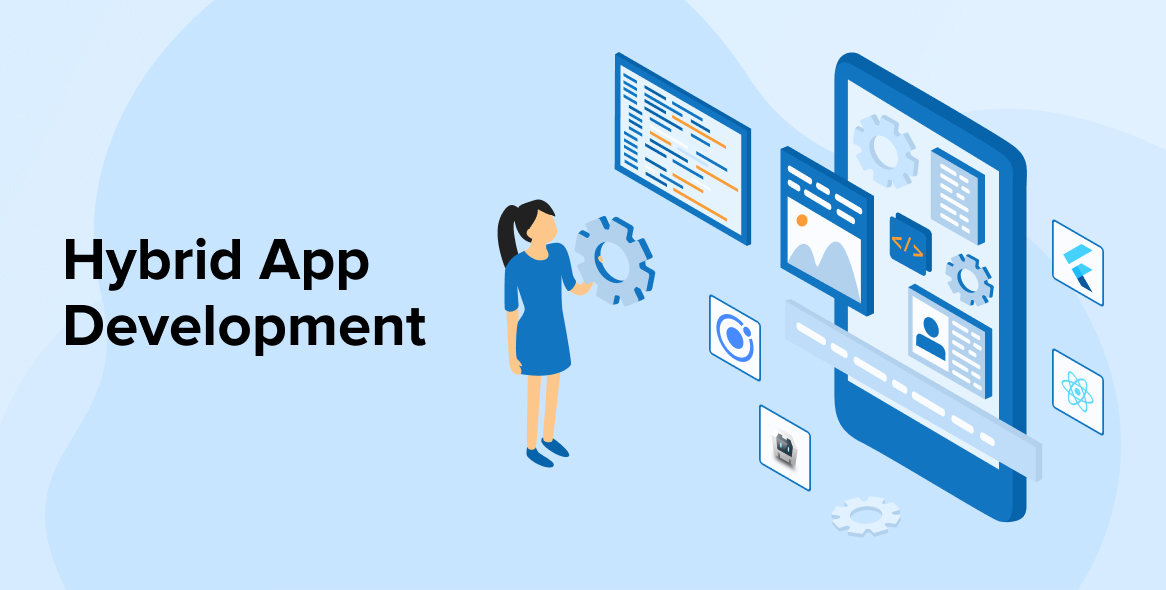
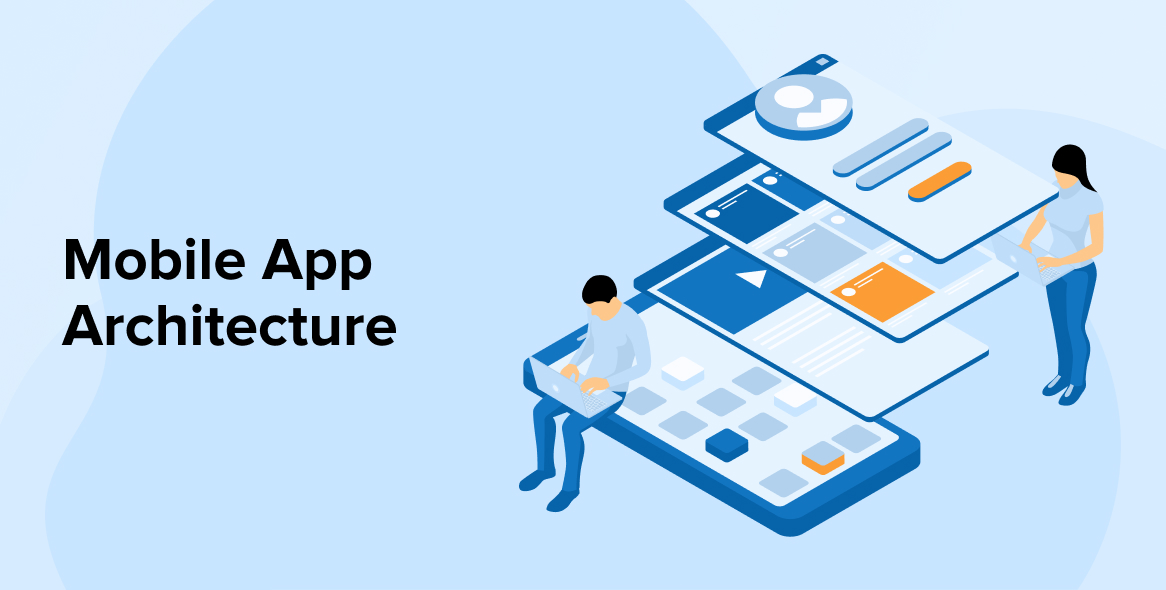
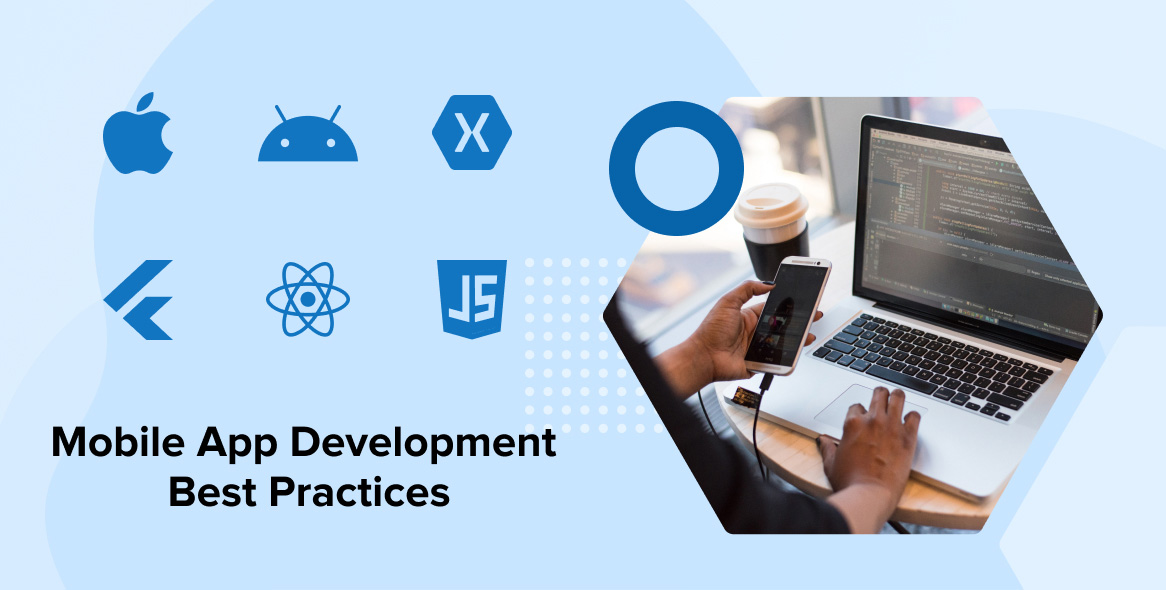

Comments
Leave a message...